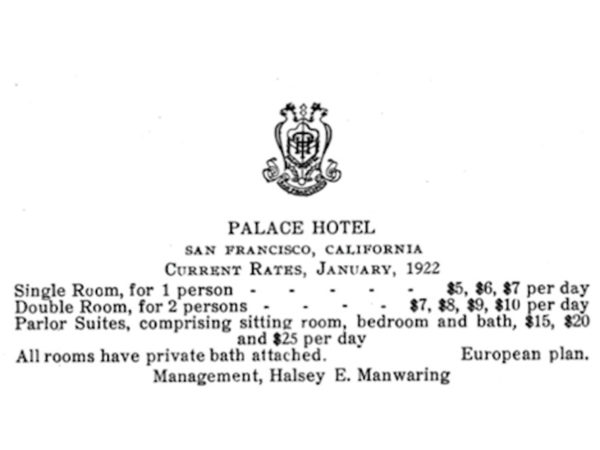
There is no one right way to be a revenue management practitioner, and the trick is to find what approach fits best.
Attracting and retaining top revenue management talent can be a challenge these days. Owners and general managers often ask me what appears on the surface to be a very straightforward question: “What makes for a good revenue management practitioner?” The correct answer is, “It depends.” And, while accurate, this answer isn’t terribly satisfying; so let’s take a few minutes to explore this topic together.
Corporate Culture
The first thing to understand is the corporate culture in which the revenue management role needs to exist. This requires an honest and objective assessment of the current reality—not a theory, a hope, dream or hallucination.
For example, a respected colleague once shared with me the reason that his GMs are not invited to participate in revenue strategy meetings. “Airlines don’t expect their pilots to walk down the aisles and collect money from passengers,” he said, “Their job is to fly the plane.” This is simply how it is, and he remains unabashed regarding this approach. For me, his statement provided a direct window into the culture of his company and, while extremely uncommon, this approach does seem to work quite well for him. It wouldn’t for everyone.
Obviously, those involved in revenue management at this firm wield a lot of power and influence over their properties, but are also held to an extremely high level of accountability for performance. Qualities, such as creative intelligence, deep analytical skills, a highly competitive spirit, intrinsic motivation, dogged determination and the ability to work under pressure in a fast-paced environment, are placed at a premium. Those that are cut from this cloth will thrive within this corporate culture, others need not apply.
Scope
While strongly influenced by corporate culture, the specific scope and expectations for the revenue management function can vary from one setting to another. The qualities and experience that a practitioner brings to the table may serve them well, or not, based on the scope that is defined for the position.
The revenue management role, by definition, is multifaceted. However, many companies have culled distribution from the core day-to-day revenue management function and have created entire teams dedicated solely to deal with distribution’s unique complexities. A revenue management practitioner in this situation is still required to understand how concepts relating to distribution can be leveraged but doesn’t necessarily have to be deeply versed in the mechanical nuances of systems and connectivity, for example.
Conversely, a focus beyond simply yielding sleeping rooms at some progressive resort properties will require a revenue management practitioner to expand his or her operational understanding and skill set in order to effectively drive ancillary spend. A keen ability to read and interpret departmental profit and loss statements and superior communication skills are essential, as is one of the qualities I always look for when hiring: curiosity.
Position
Today, there are many jobs relating to revenue management, ranging from an analyst or unit level revenue manager, to multi-unit regional director or corporate vice president. In some organizations, a chief revenue officer position has been created, which is responsible for coordinating and overseeing all revenue-generating activities. This includes, for example, such things as sales, marketing, ecommerce, social media, public relations, distribution, revenue management and reservation sales.
As you can imagine, the level of sophistication, experience and sheer firepower required amongst individuals in various positions can, and should, differ significantly. At the analyst level, qualities such as attention to detail, consistency and accuracy are highly valued. At other levels, qualities relating to emotional intelligence, persuasiveness, strategic and critical thinking skills are essential. At the highest level, the ability to quickly assess a situation, while possessing both the experience and the courage to be responsibly decisive in the face of ambiguity is something to be revered.
Final Thoughts
There is no question that the revenue management discipline has changed dramatically over the past 25 years. Personally, I find the “game” of optimizing revenues to be a fascinating and ever-evolving challenge, not to mention a fertile ground for experimentation. Opportunities abound in this field for individuals from all walks of life, educational backgrounds and skill levels.
With a crystal clear understanding of what expectations you have for the revenue management role in your organization and a realistic picture of what success looks like, you will be much better equipped to select and retain top talent.



